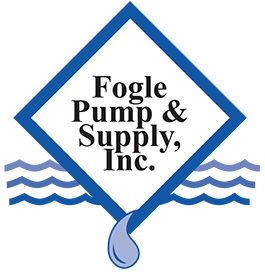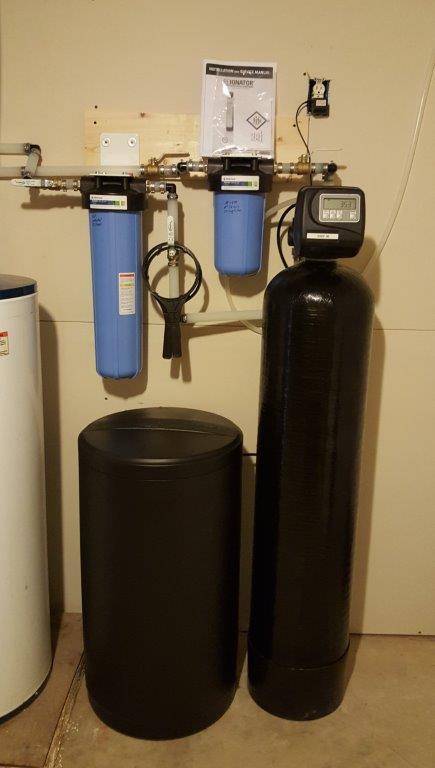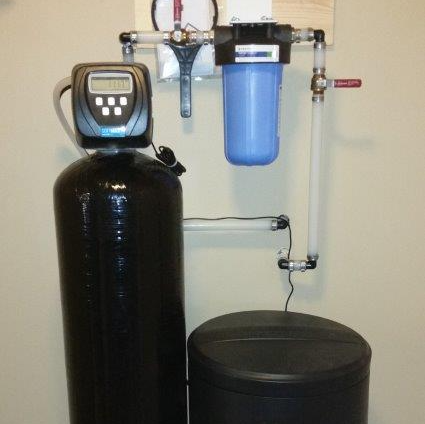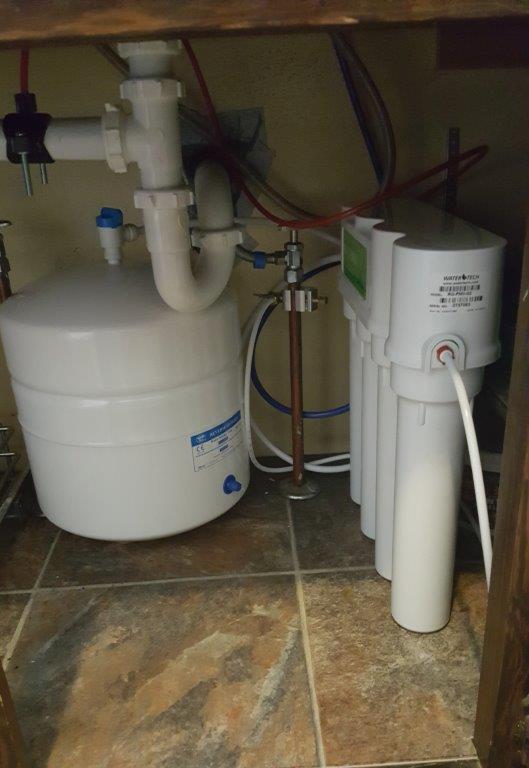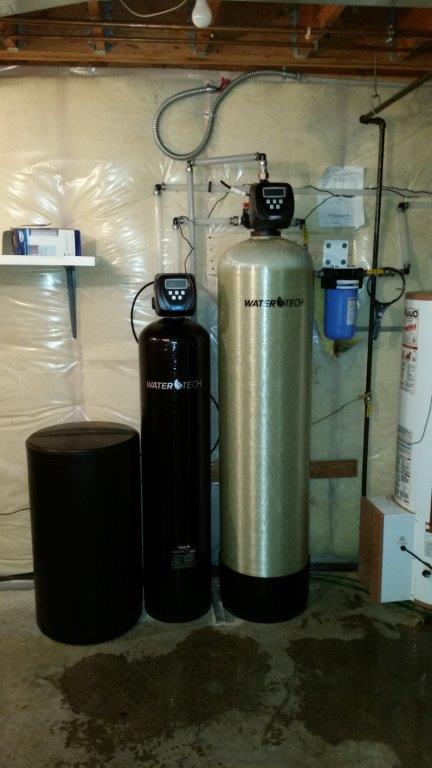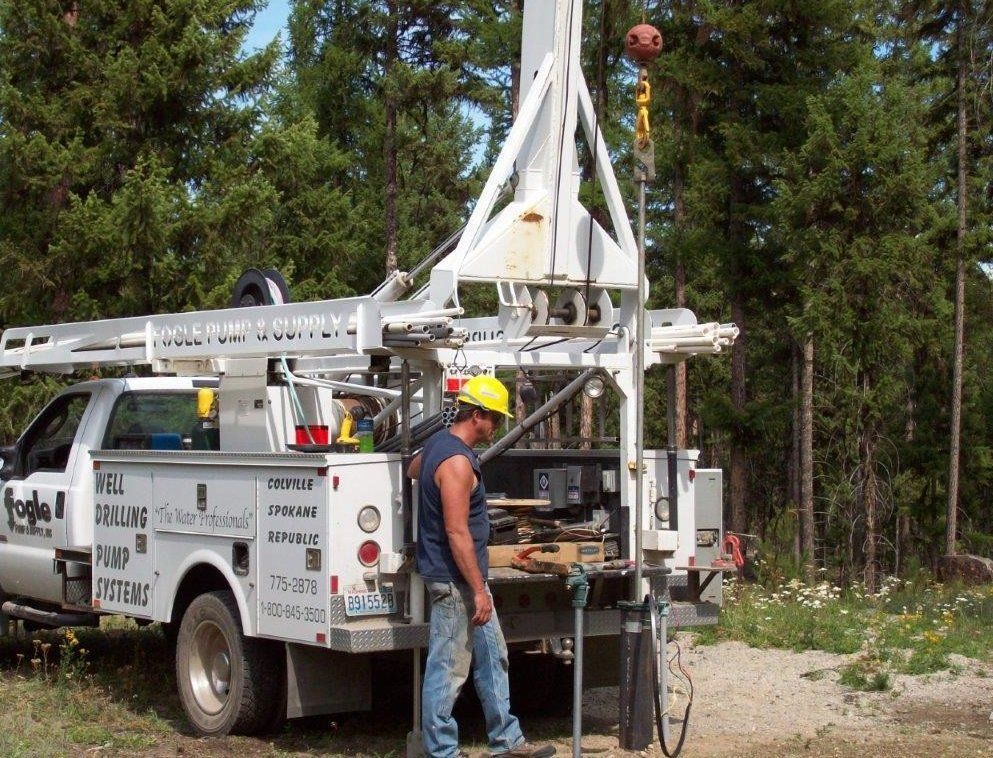How to Choose the Best Location for Your Domestic Water Well
Choosing the best location for your domestic water well is one of the most important decisions you'll make when choosing a reliable water supply for your home. The placement of the well directly impacts water quality, flow rate, and the long-term functionality of your water system. A well-sited location also guarantees safety and compliance with environmental regulations.
At Fogle Pump and Supply, we understand how vital proper site selection is for a successful well installation. With over 40 years of experience in the Inland Northwest, our team knows how to identify the ideal spot for a well, taking into account various factors like the local environment and potential contamination sources. In this guide, we'll walk you through the most important considerations when selecting a location for your domestic water well.
Factors to Consider When Choosing a Well Location
Water Table Depth
One of the most crucial elements in choosing the right spot for your well is understanding the depth of the water table. The water table is essentially the level at which the ground is saturated with water, and drilling deep enough to reach it ensures a steady water supply.
Soil and Rock Composition
The type of soil and rock on your property can greatly affect the drilling process and the long-term performance of your well. Certain soil types can make drilling more difficult, while others may allow contaminants to seep into the water supply. Similarly, rock composition can influence how the well is constructed.
Proximity to Contaminants
A key factor in well placement is keeping the well at a safe distance from potential contamination sources. Septic tanks, livestock areas, and even fertilizers can pose risks if the well is placed too close.
Sufficient Distance from Structures
In addition to keeping the well away from contaminants, it's also important to make sure it’s not too close to buildings or underground utilities. This prevents future complications, such as damage to underground pipes or electrical lines. It also makes maintenance easier.
Sustainability and Accessibility for Maintenance
A well is a long-term investment, and its location should allow for easy access in the future for maintenance or repairs. One of the most important parts of our approach to well placement is choosing a location that balances convenience, sustainability, and technical requirements.
Environmental and Regulatory Considerations
Environmental factors and regulatory requirements play a significant role in the site selection process when drilling a domestic water well. Ignoring these elements can lead to costly delays or even unsafe conditions. Fogle Pump’s team makes sure that every well project not only complies with regulations but also minimizes environmental impact.
Environmental Impact Assessments
Before any drilling begins, the environmental footprint of the project must be considered. Drilling into the earth can disrupt local ecosystems, and if not carefully managed, it may have long-term consequences on the surrounding land and water sources. Fogle Pump’s approach includes thorough environmental impact assessments that help identify the best possible drilling locations while preserving the integrity of the local environment.
Permits and Local Regulations
Each region has its own set of regulations governing well drilling, from required permits to spacing guidelines between wells and property boundaries. Complying with these rules is vital to avoid legal issues and ensure the safety of your water supply. Fogle Pump assists with navigating the often-complex permitting process, making sure your well is drilled according to state and local laws.
The Fogle Pump Approach to Well Location Selection
Choosing the right location for a well requires science, experience, and collaboration.
Site Surveys and Initial Assessments
The first step in selecting a well location is conducting a comprehensive site survey. This involves evaluating your property’s geography, analyzing the water table, and taking note of nearby potential contaminants. We are happy to offer our expert opinion on where you should drill, but we also recommend getting a well dowser to select the well site.
Collaboration with Homeowners
Fogle Pump believes in working closely with homeowners to meet their needs while adhering to technical and environmental requirements. From the start, we involve you in the decision-making process by discussing the layout of your property, your water usage needs, and any concerns you may have about the project. Our goal is to make sure the well placement aligns with both the natural conditions of the land and your long-term water needs.
Common Mistakes to Avoid When Selecting a Well Location
Choosing the right location for a domestic water well is crucial for long-term success, but many homeowners make mistakes. Fogle Pump has seen and corrected many of these errors, and here are some of the most common ones:
Choosing a Location Based Solely on Convenience
It’s tempting to choose a well site based on how easy it is to access or how close it is to your home. However, this can lead to poor water quality or even a lack of water if the geological conditions aren’t suitable. Convenience shouldn’t be the only factor in your decision. We prioritize finding the location that will provide a reliable, long-term water supply.
Ignoring Local Regulations and Permits
Well drilling is highly regulated, and failing to obtain the proper permits or follow local regulations can result in costly fines or the need to relocate the well. Fogle Pump makes sure all necessary permits are obtained, and we carefully follow all local guidelines to prevent future legal or operational issues.
Not Considering Future Property Needs
Many homeowners focus only on their immediate water needs when selecting a well site. However, it’s important to think long-term. Future expansions to your home, additional landscaping, or even the installation of new utilities can all be affected by the placement of your well. Fogle Pump considers these factors, helping you select a well location that won’t interfere with your future plans.
Final Thoughts
Selecting the best location for your domestic water well involves balancing various factors, from geological conditions to environmental regulations. At Fogle Pump and Supply, we bring over 40 years of experience and expertise, making sure your well is placed in the optimal spot for long-term water quality, flow, and sustainability. Our team is dedicated to making the process seamless and efficient.
If you’re considering a new water well for your property, contact Fogle Pump and Supply today. Our knowledgeable team will guide you through the site selection process and give you safe, reliable well water for years to come.

